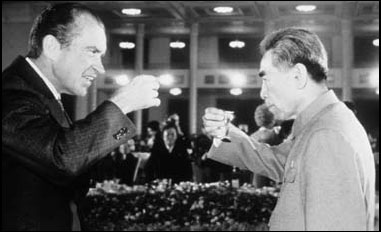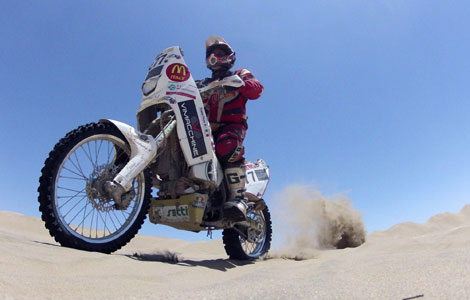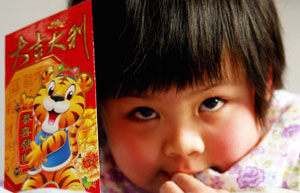Official remembers pre-visit problems
Updated: 2012-01-17 08:33
By Wu Jiao (China Daily)
|
||||||||
|
Premier Zhou Enlai welcomes Nixon at a banquet in Beijing in February 1972. Provided to China Daily |
BEIJING - Even after four decades, 81-year-old Tang Longbin has no trouble in recalling the most exciting part of his decades-long career with China's Foreign Ministry, the reception of then US President Richard Nixon during his icebreaking China visit in 1972.
And he remembered in detail how he succeeded in making the US president travel in a Chinese airplane and a Chinese car during his seven-day visit.
The US side had insisted on using the president's special airplane. However, this was not in line with China's policy then, to have a foreign airplane from a country which had not yet established diplomatic ties, flying across Chinese cities.
"We provided them with a Soviet-made IL18 airplane. It was the best plane we had at that time and it had been used often by Premier Zhou Enlai," said Tang.
"To further relieve the US side of any concerns, Premier Zhou decided to travel with Nixon on the IL18," Tang said.
The battle to safeguard sovereignty also applied to what kind of cars Nixon could use during his China trip.
The US side had proposed to transport bulletproof cars from the United States to China for Nixon's trip, yet this was certainly prohibited by China at the time.
The Chinese leadership only had two bulletproof cars. Yet for the sake of the visit, both of them had to be put at Nixon's disposal.
Tang also recalled how the meeting held between Nixon and Premier Zhou and Chairman Mao Zedong had to be confidential, so that even then US secretary of state William Rogers, who had accompanied Nixon to China, had no chance of being at his side during the meetings.
"It was at the request of Nixon not to have Rogers accompany him. Nixon and then national security adviser Henry Kissinger didn't even use State Department translators," Tang recalled.
"The (US) State Department had been in close contact with Taiwan. If Nixon had State Department officials at his side, it would have been problematic for the talks," said Tang.
"Before the success of the visit was secured, every effort had to be made to prevent something unexpected from happening."
The trip took place during the "cultural revolution" (1966-1976), when political slogans attacking the US were displayed across the country.
Tang, who had also been involved in the reception of Kissinger during his secret visit in 1971, said Premier Zhou had called for the removal of politically sensitive slogans from the Diaoyutai State Guesthouse, where the US leaders stayed during the visit.
China Daily
(China Daily 01/17/2012 page11)












